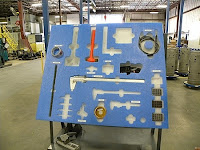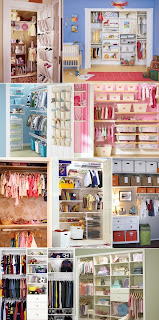The Economics part has been some of the most interesting I have learned by doing the MBA I am in the process of completing. I did not think that Economics would be this much focused on how the society works, I thought it would me a more numerical subject to study, I was wrong.
Since I am interested in how the society is made up and love to discuss these things I got a book on Sociology and found that interesting, but what I read in the Economics really made sence and answered some of my questions that I have been pondering about.
Some of it I wrote about in this
post - about happiness but I also wanted to summarize a bit the main points, and I am using the wonderful
"Economics for Dummies" cheat sheet for this. I highly recommend everybody that are intersted in the world around them to at least read this book, easily digestible and quicker to get the big picture than to actually having to take a big MBA exam (- so glad I passed by the way!)
It is complex stuff, but some of it is very easy and logical and it really makes sense.
Ok - so the big definitions:
People have to make choices because of scarcity, the fact that they don’t have enough resources to satisfy all their wants. Economics studies how people allocate resources among alternative uses. Macroeconomics studies national economies, and microeconomics studies the behavior of individual people and individual firms. Economists assume that people work toward maximizing their utility, or happiness, and firms act to maximize profits.
The Free Market economy that is based on supply and demand "left alone" is something that is always discussed, both in America and Europe, typical "Commie" vs Republican arguments. Here are some of the problems in the Free Market:
Identifying Market Failures
Sometimes markets fail to generate the socially optimal output level of goods and services. Several prerequisites must be fulfilled before perfect competition can work properly and generate that output level. Causes of market failure include the following:
Externalities caused by incomplete or nonexistent property rights: Without full and complete property rights, markets are unable to take all the costs of production into account.
Asymmetric information: If a buyer or seller has private information that gives her an edge when negotiating a deal, the opposite party may be too suspicious for both parties to reach a mutually agreeable price. The market may collapse, with no trades being made.
Public goods: Private firms can’t make money producing certain goods or services because there’s no way to exclude nonpayers from receiving them. The government or philanthropists usually have to provide such goods or services.
Monopoly power: Monopoly power is the ability to raise prices and restrict output in order to increase profits. Both monopolies (firms that are the only sellers in their industries) and collusive oligopolies (industries with only a few firms that coordinate their activities) can possess monopoly power. Monopolies and collusive oligopolies produce less than the socially optimal output level and produce at higher costs than competitive firms.
This basically explains why sometimes we do need a bit of government intervention, the free market cannot manage everything on it is own!
Pollution is included in the first factor, a company does not have any incentive to clean up the mess they make unless they have to "pay" for it in some way, either by being taxed or owning the land they pollute, then they would take that cost into consideration and try to minimize it.
Another important one is Public goods, roads, parks, streetlight, military, police and firedepartment are not very sustainable in their own right, they don´t have a service that people are willing to pay for, because if it is there people get the benefit from it without having to pay, it is easy to be a free-loader, so we are forced to pay for these services by paying taxes.
So - a very quick intro to Economics to whoever that is interested, following in the steps of my
"Lean made simple" post earlier :)













